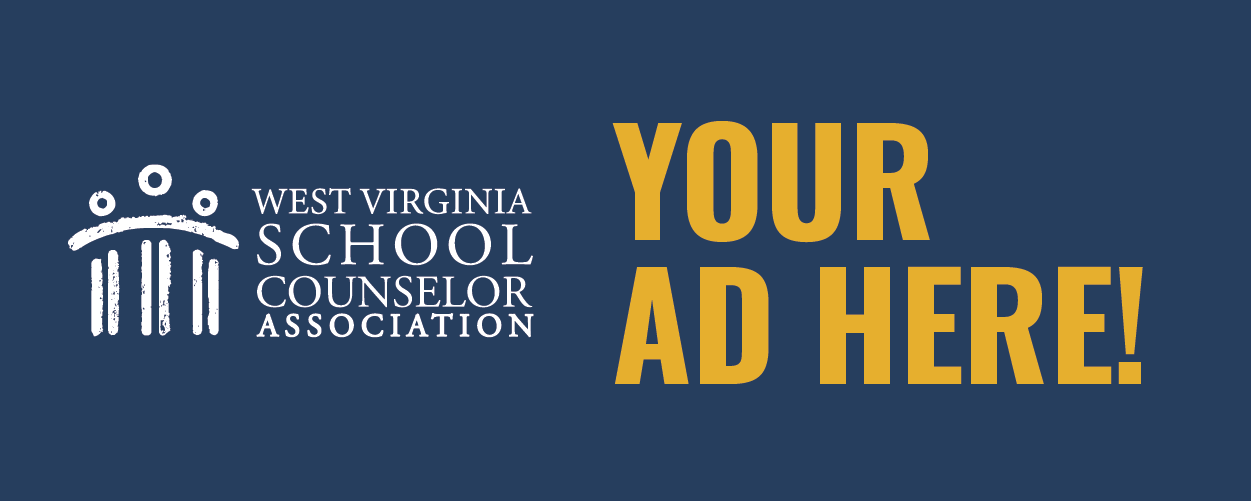ETHICS
Professional school counselors encounter ethical questions on a daily basis, and while there are no easy answers to many of these ethical dilemmas, there are resources to help. Follow the link to the ASCA Ethical Standards for School Counselors.
In addition, the WVSCA urges school counselors to follow the "Ethical Tips for School Counselors" compiled by the ASCA, which can help you to prevent, or resolve, ethical issues that may emerge in your work.
- Act in the best interests of the students at all times. Act in good faith and in the absence of malice.
- Inform students of possible limitations on the counseling relationship prior to the beginning of the relationship.
- Increase awareness of personal values, attitudes and beliefs; refer when personal characteristics hinder effectiveness.
- Actively attempt to understand the diverse cultural backgrounds of the students with whom you work, including your own cultural/ethnic/racial identity and its impact on your values and beliefs about the counseling process.
- Function within the boundaries of personal competence. Be aware of personal skill levels and limitations.
- Be able to fully explain why you do what you do. A theoretical rationale should under-gird counseling strategies and interventions.
- Encourage family involvement, where possible, when working with minors in sensitive areas that might be controversial.
- Follow written job descriptions. Be sure what you are doing is defined as an appropriate function in your work setting.
- Read and adhere to the ethical standards of your profession. Keep copies of the ASCA Ethical Standards for School Counselors on hand, review them periodically and act accordingly.
- Consult with other professionals (colleagues, supervisors, counselor educators, professional association ethics committee, etc.) Have a readily accessible support network of professionals.
- Join appropriate professional associations. Read association publications and participate in professional development opportunities.
- Stay up-to-date with laws and current court rulings, particularly those pertaining to counseling with minors.
- Consult with your school district’s attorney, when necessary. In questionable cases, seek legal advice prior to initiating action.
Please contact any member of the Executive Board if you have any ethics-related questions or concerns.

